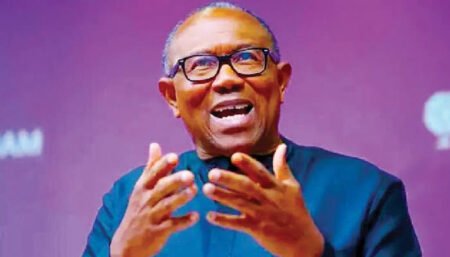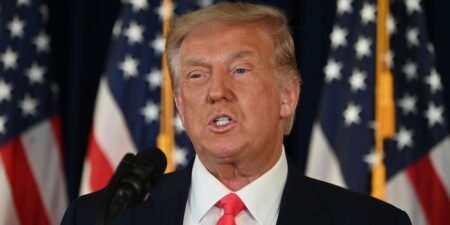President Bola Tinubu has pledged that his administration will deliver a Nigeria where every citizen’s identity is secure, trusted, and recognised across all platforms.
Speaking in Abuja at the 2025 National Day of Identity, themed “Public Key Infrastructure (PKI): Backbone to Digital Public Infrastructure”, Tinubu said the celebration was not just about progress but about recommitting to building a trusted digital ecosystem.
“Identity is the foundation of citizenship and the gateway to opportunity,” the president declared. “The National Identity Number (NIN) is not merely an administrative figure — it is the common key that unlocks opportunity, strengthens governance, and builds trust.”
Tinubu warned that without PKI, digital interactions remain vulnerable, but with it, Nigeria can create an ecosystem where fraud is curbed, services streamlined, and citizens engage with confidence.
He commended the National Identity Management Commission (NIMC), led by Director General Abisoye Coker-Odusote, for innovations such as the NINAUTH system, diaspora enrolment, and grassroots outreach using NYSC members.
So far, more than 126 million Nigerians have been enrolled in the national database — a milestone Tinubu described as “126 million stories of visibility, empowerment, and inclusion.”
Coker-Odusote revealed that NIMC had expanded the database capacity to 250 million records, deployed over 1,500 enrolment devices, and opened more than 200 diaspora centres. She highlighted integration with key services, including education loans, food subsidies, pensions, correctional services, and birth registration.
On security, she dismissed rumours of database breaches, stressing the system’s integrity while confirming partnerships with banks, telecom operators, and police cybercrime units to combat identity theft.
Minister of Interior Olubunmi Tunji-Ojo added that Nigeria must treat identity systems as “strategic national infrastructure” to meet global digital standards. He outlined five pillars for digital transformation — governance, resilient standards, interoperability, local capacity, and privacy — and urged banks and tech firms to back the government’s digital trust framework.
“The investments we make today in PKI, data centres, and secure enrolment will be the collateral for Nigeria’s digital economy tomorrow,” he said.
With the NIN now central to banking, health insurance, social welfare, security, and SIM registration, Nigeria is anchoring its future on digital trust.










